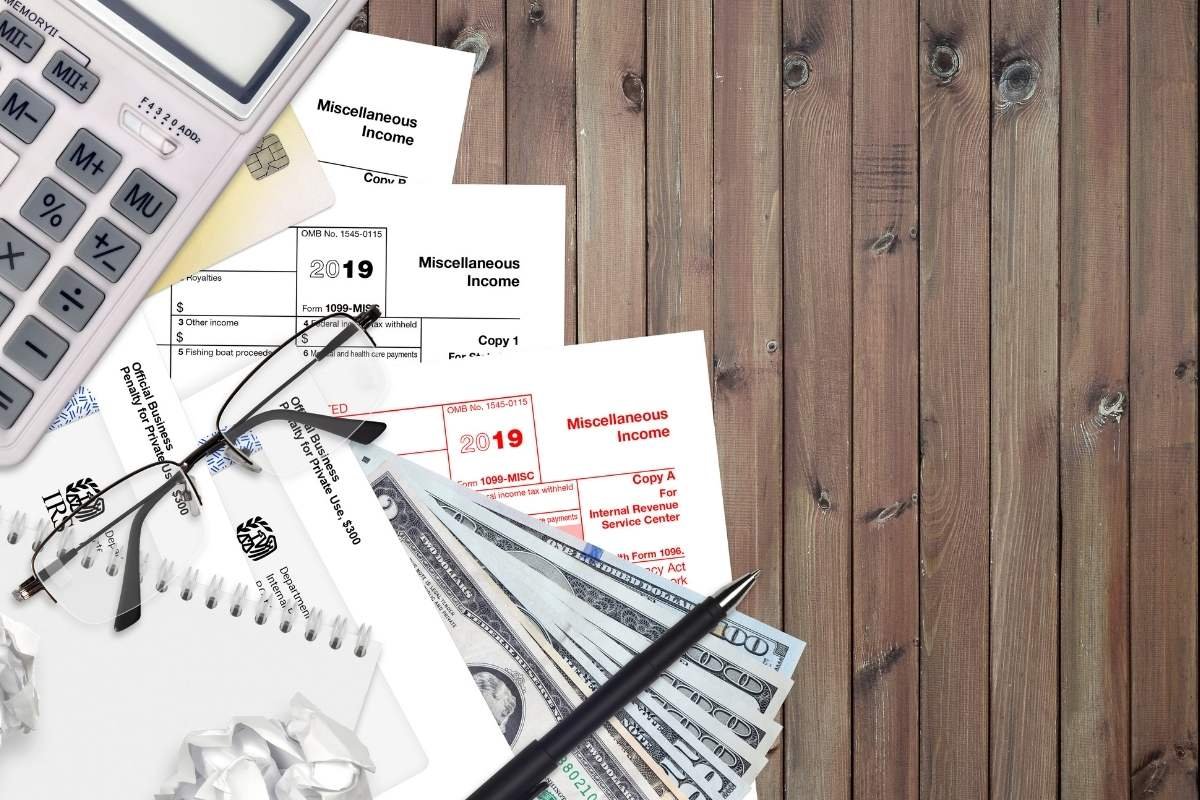What is the FBAR?
The FBAR, short for Report of Foreign Bank and Financial Accounts, is a requirement for US citizens to report money in foreign bank accounts annually.
The FBAR is filed with FinCEN Form 114. Rather than filing with the IRS, you submit the FBAR to FinCEN, the Treasury Department’s Financial Crimes and Enforcement Network.
Who files an FBAR?
All US people (US citizens, Green Card Holders, and resident Aliens) must file FinCEN Form 114 if the combined balance of all foreign accounts that you own is more than $10,000 at any point in the year.
What would I submit?
Most taxpayers only have to report the balance in their foreign bank accounts, but you may also have to report:
Foreign assets, such as stock that’s held by foreign financial institutions
Assets in a foreign branch of a U.S. financial institution
Foreign mutual funds, life insurance, or annuity contract
Foreign retirement accounts
Accounts that you don’t own but can control
Note: Individually owned bonds, notes, and stock securities do not have to be reported.
Penalties
If you do not file on time or correctly report your foreign accounts, you could be subject to penalties of up to $10,000 per violation if you didn’t know you had to file.
If you knowingly fail to accurately file, you could be subject to a $100,000 penalty per violation or even higher depending on your foreign account balances.
Filing an FBAR
The FBAR is filed separately from the federal tax return. The report is due annually on April 15, with an automatic extension to October 15 if you fail to file by April 15. The FBAR can be filed electronically through the BSA E-Filing system or on paper by calling FinCEN’s Resource Center and requesting an exemption from electronic filing. If you want someone else to file your FBAR on your behalf, use FinCEN Report 114a to authorize that person to do so.
Our offices are at your disposal, contact us.
Sources
IRS
H&R Block
US Treasury

